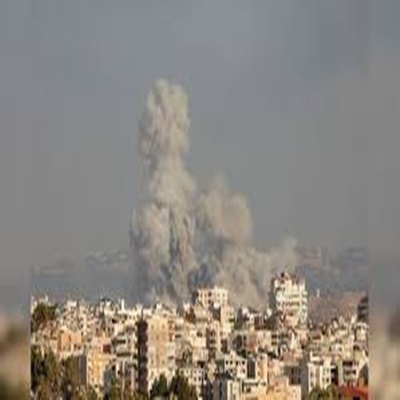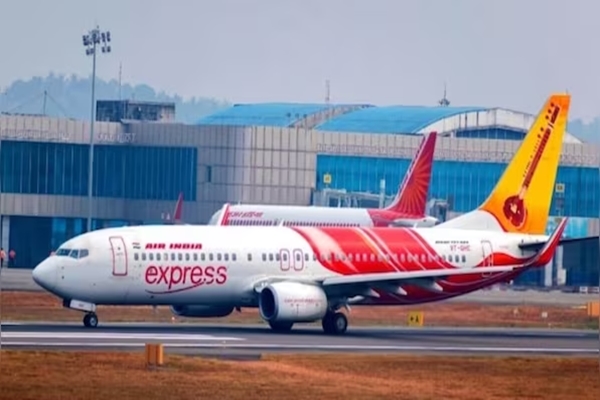In a week of intensifying violence, Lebanon’s health ministry reports that nearly 700 people have lost their lives as Israel dramatically escalates its strikes against Hezbollah targets. The Israeli military claims to be focusing on Hezbollah’s military capacities and senior commanders, but the rising civilian death toll has sparked international concern.
The conflict has forced over 200,000 people to flee their homes in Lebanon, according to the International Organization for Migration. Since the outbreak of the Israel-Hamas war on October 7, when Hamas launched an attack on Israel and Hezbollah began firing rockets in support, Lebanon has reported a staggering 1,540 casualties within its borders.
Top Israeli officials have issued stark warnings, threatening to unleash destruction in Lebanon similar to that seen in Gaza if Hezbollah continues its attacks. These statements have heightened fears that the devastation witnessed in Gaza might be replicated in Lebanon, potentially broadening the conflict.
In response to the crisis, diplomatic efforts are underway. The UK Prime Minister met with Lebanese Prime Minister Najib Mikati at the UN General Assembly, expressing condolences for the civilian losses and emphasizing the urgent need for a ceasefire and a negotiated solution.
Meanwhile, the conflict has taken on international dimensions. Norwegian police have issued a global search request for Rinson Jose, a Norwegian-Indian man allegedly connected to the sale of explosive electronic devices to Hezbollah. Adding to the regional tensions, a missile fired from Yemen towards Israel was successfully intercepted by the Israeli “Arrow” Aerial Defense System, with sirens and explosions reported following the interception.
As the situation continues to evolve, the international community watches with growing concern, fearing that the localized conflicts could potentially ignite a broader regional conflagration.















